Diversity & inclusion
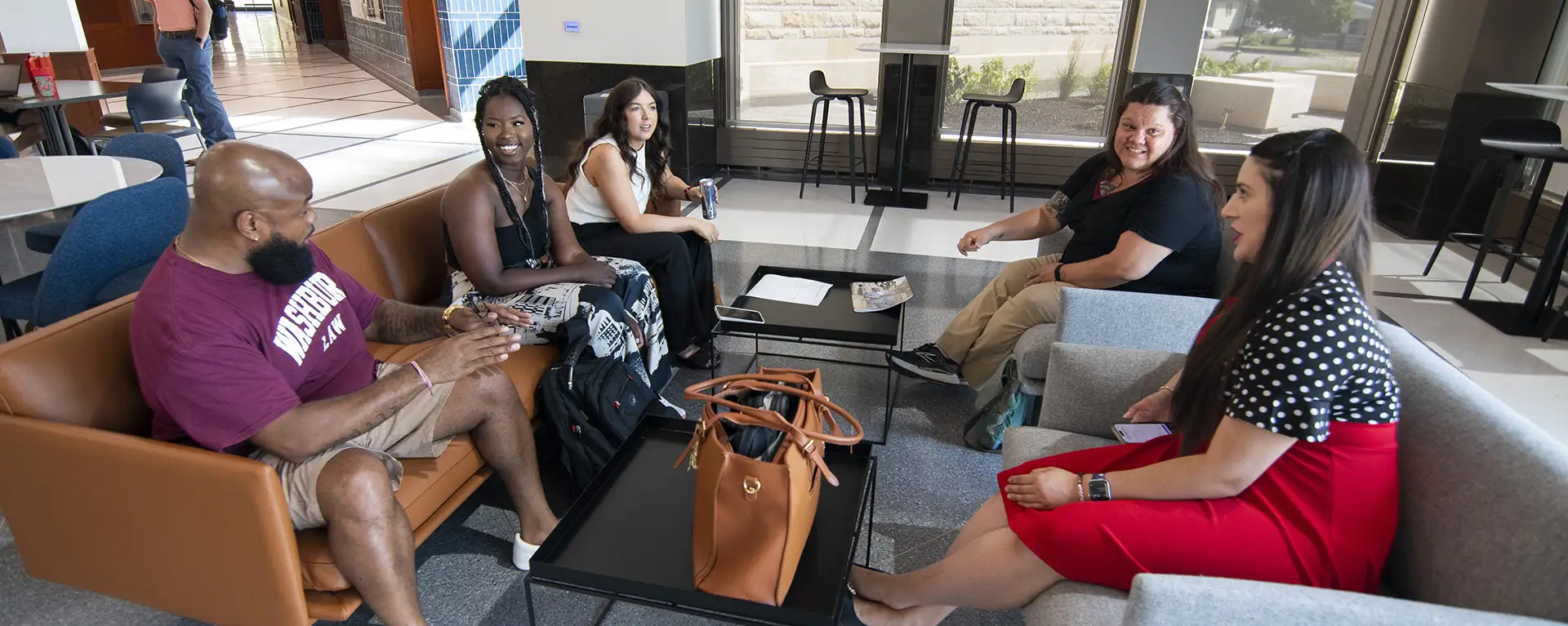

Washburn Law strives to promote a culture and academic environment that embraces, promotes, and respects students from a range of diverse backgrounds. Importantly, Washburn takes an inclusive view of diversity in today's society considering diversity in terms of race, ethnicity, national origin, gender, age, religion, abilities/disabilities, sexual orientation, and more.
Recently, Washburn Law was even awarded the Diversity Matters award at the LSAC's Annual Conference. This award is given to a law school that has demonstrated the highest level of outreach to underrepresented racial and ethnic groups, the LGBTQ community, Indigenous People of Canada, and others underrepresented in the legal profession.
We value diversity in the law school because it:
Multiple student groups are dedicated to supporting and bolstering diversity in the law. These active student groups organize and host a wide range of activities throughout the year, from invited lecturers to networking sessions to social events.
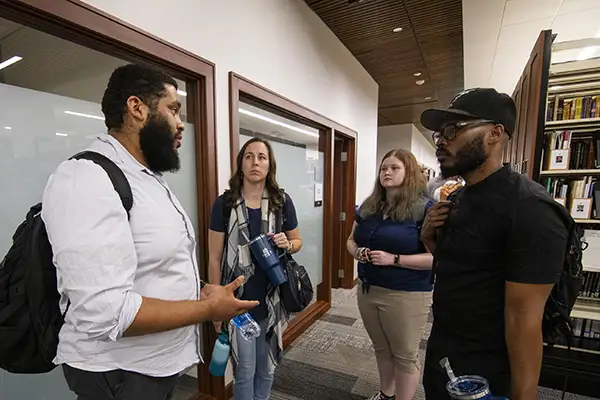
Washburn Law's commitment to diversity begins in the classroom and extends to the community. Through the Washburn Law Clinic, Clinic student interns, faculty, and staff ensure the representation of individuals, nonprofits and businesses that could not otherwise afford legal representation. Washburn Law Clinic interns have provided nearly 9,000 hours of pro bono legal service to low-income individuals, nonprofit organizations and businesses.
Outside of the clinic, Washburn Law students donate time and hours to community service organizations and events. And, Washburn Law's Volunteer Income Tax Assistance Program (VITA) serves approximately 700 Topekans, many of whom are racial and ethnic minorities and single mothers, and generates nearly $700,000 in tax refunds for the community annually.
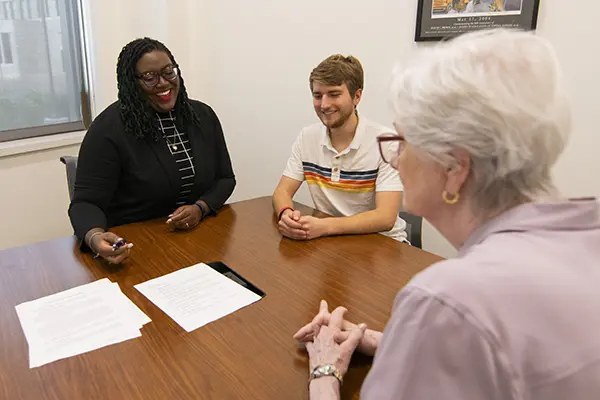
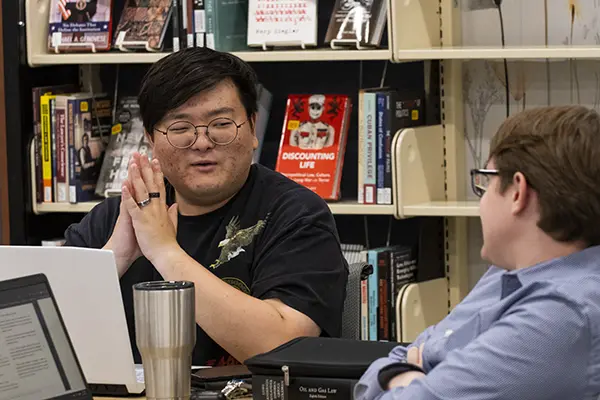
Washburn Law uses its substantial scholarship funds to help build a truly diverse student community. With a scholarship budget of approximately $3 million annually, most Washburn Law students receive scholarship support.
Washburn Law also invests in legal placement opportunities for its diverse student population through its Professional Development Office. Washburn Law participates in several diversity career fairs, including: the Kansas City Metropolitan Bar Association Heartland Diversity Legal Job Fair, the Cook County Bar Association Minority Job Fair, the Rocky Mountain Diversity Legal Career Fair, the Twin Cities Diversity in Practice program, and the Lavender Law® Career Fair.
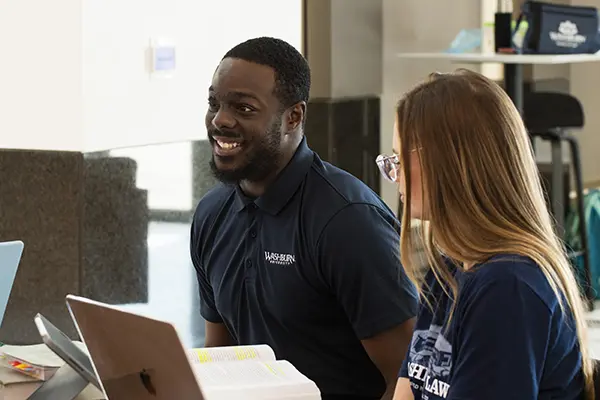
WHEREAS, the faculty recognizes the incessant, systemic, and perpetual racial and societal injustices in this country, which have been passed on from generation to generation; and
WHEREAS, the faculty recognizes that these injustices have existed since the original sin of slavery and been furthered by Jim Crow laws and the unequal treatment of Black persons in our judicial system; and
WHEREAS, the faculty recognizes the vital role played by the Washburn-educated lawyers who represented the plaintiffs in the landmark civil rights case, Brown v. Topeka Board of Education, and that Washburn Law continues to stand against racial injustice; and
WHEREAS, the faculty especially notes and is appalled by the numerous killings that have been committed against Black persons under the color of law; and
WHEREAS, the faculty recognizes the lack of accountability for these injustices; and
WHEREAS, the faculty recognizes the senseless brutality being committed by too many of those employed to serve and protect who are operating under a pattern, practice, and culture fostering unequal treatment; and
WHEREAS, the faculty recognizes that the unequal brutality and extrajudicial killings defy U.S. constitutional guarantees of due process and equal protection, and undermine the citizenry’s general welfare; and
WHEREAS, the faculty recognizes the need to have uncomfortable talks and real, honest, and transparent conversations directed towards addressing these injustices; and
WHEREAS, the faculty recognizes the need to understand how the extrajudicial killings have made so many feel angry, sad, helpless, frustrated, invisible, and disillusioned, resulting in constant fears for their personal safety and leading to psychological and emotional scars; and
WHEREAS, the faculty recognizes that within our otherwise organized and civilized society, systemic discrimination and unjust racial inequities continue to appall and to plague our nation; and
WHEREAS, the faculty recognizes that we should not accept apathy, indifference, or silence to such ongoing violence and inequities, which otherwise allows hatred, prejudice, and intolerance to fester and grow; and
WHEREAS, the faculty recognizes the need to engage in peaceful protest and constructive acts to make a meaningful difference towards societal change; and
WHEREAS, the faculty recognizes that we have an obligation to fight ignorance and intolerance, model inclusivity, and embrace our differences and the power that diversity represents; and
WHEREAS, the faculty recognizes the need to stand with our Black brothers and sisters as effective allies and to stand in ongoing support of our students, staff, fellow faculty members, and their families who are persons of color; and
WHEREAS, the faculty resolves that the law school will do its part to challenge systemic racial subordination and exclusion in the justice system by committing to:
NOW, THEREFORE, BE IT RESOLVED that the faculty acknowledges that racism is an affliction that we must never enable but should all be active antiracists in taking responsibility to condemn and to end, that we need to identify and challenge systemic prejudice wherever it exists, that we are all accountable for doing the work necessary for policy changes that dismantle structural systems of oppression that perpetuate racial inequities in our society, that we will strive to be better listeners and supporters of those who are the victims of racism, that we will never rest until every person feels safe, free, and accepted in our country, and that we will continuously abide by the goal of providing respect and equal treatment to all in upholding the rule of law.
BE IT FURTHER RESOLVED, that this resolution be preserved in the records and minutes of the Washburn Law faculty and prominently displayed on the Washburn Law website.
Adopted this 8th day of June, 2020, by the unanimous vote of Washburn Law faculty.
Alex Glashausser, Faculty Chair